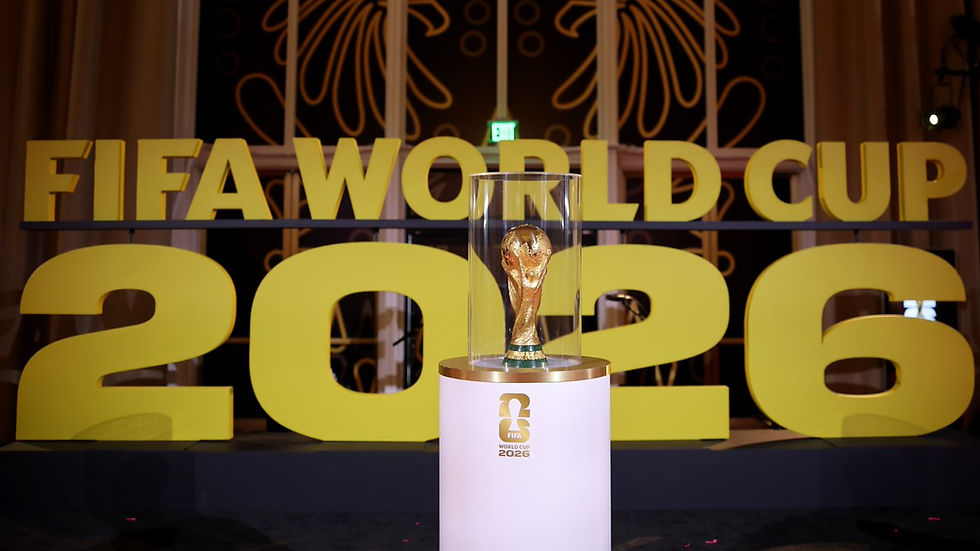Liverpool FC Set to Secure Premier League-Record £70 Million a Year Shirt Sponsorship Deal.
- Roger Hampel

- Oct 16
- 2 min read
Roger Hampel

Image: Jack Hunter/Unsplash
According to The Sun, Liverpool FC are close to finalising a record-breaking shirt sponsorship agreement that could be worth £70 million per season, setting a new financial benchmark in the Premier League. The reported deal would surpass existing front-of-shirt contracts held by Manchester United and Manchester City, both valued at around £60 million annually.
Standard Chartered Holds First Option to Renew Liverpool FC Sponsorship
As reported by The Sun, Liverpool’s current main sponsor, Standard Chartered, holds first refusal to renew its longstanding partnership with the club. The existing agreement, worth £50 million per year, runs until the summer of 2027. Talks between the two parties are expected to begin shortly, and SunSport understands that an extension with Standard Chartered remains a strong possibility.
However, club executives have also not ruled out exploring alternative offers from other global financial institutions, with Liverpool’s commercial team seeking to maximize value from one of the most marketable brands in world football.
The partnership between Liverpool and Standard Chartered began in 2010, marking one of the longest-running shirt sponsorships in the Premier League. Over the years, it has become a core element of Liverpool’s global identity, appearing on kits worn during Champions League triumphs and domestic title wins.
Commercial Ambition After Sporting Success
Liverpool’s pursuit of a record sponsorship renewal reflects the club’s growing commercial strength and global appeal following recent success under manager Arne Slot. The Reds reclaimed the Premier League title last season and have since invested heavily in new talent, including high-profile signings such as Florian Wirtz and Hugo Ekitike, in a reported £450 million transfer campaign.
As The Sun reports, the deal could mark the most lucrative shirt sponsorship in English football history, further intensifying competition between the league’s top clubs in the commercial sphere.








Comments